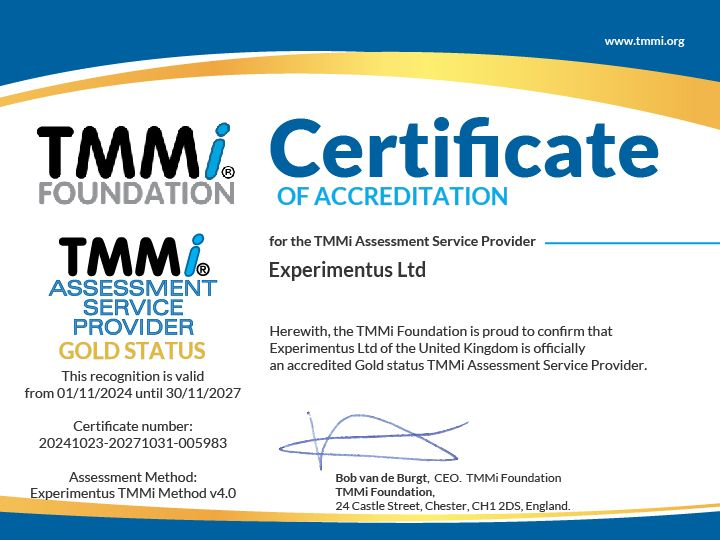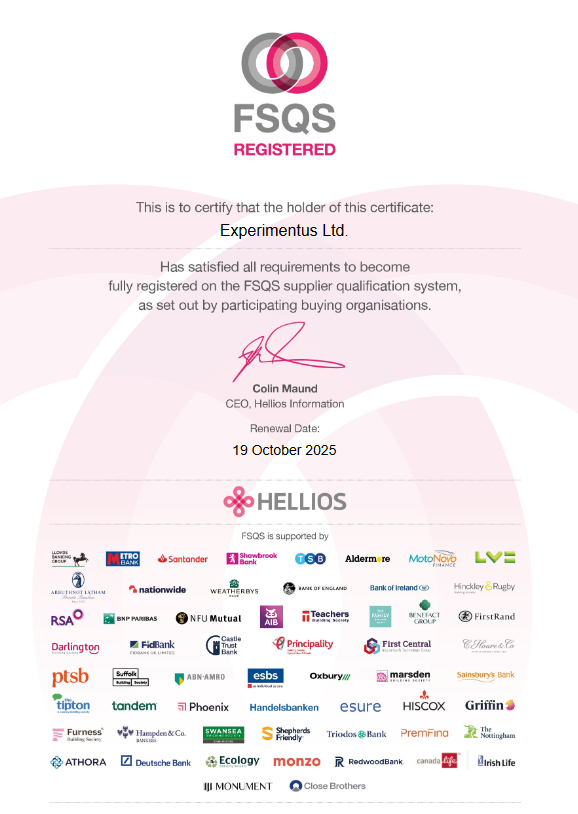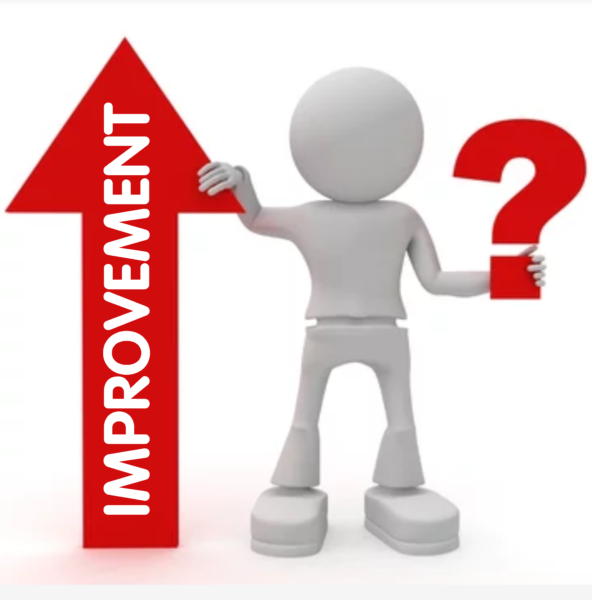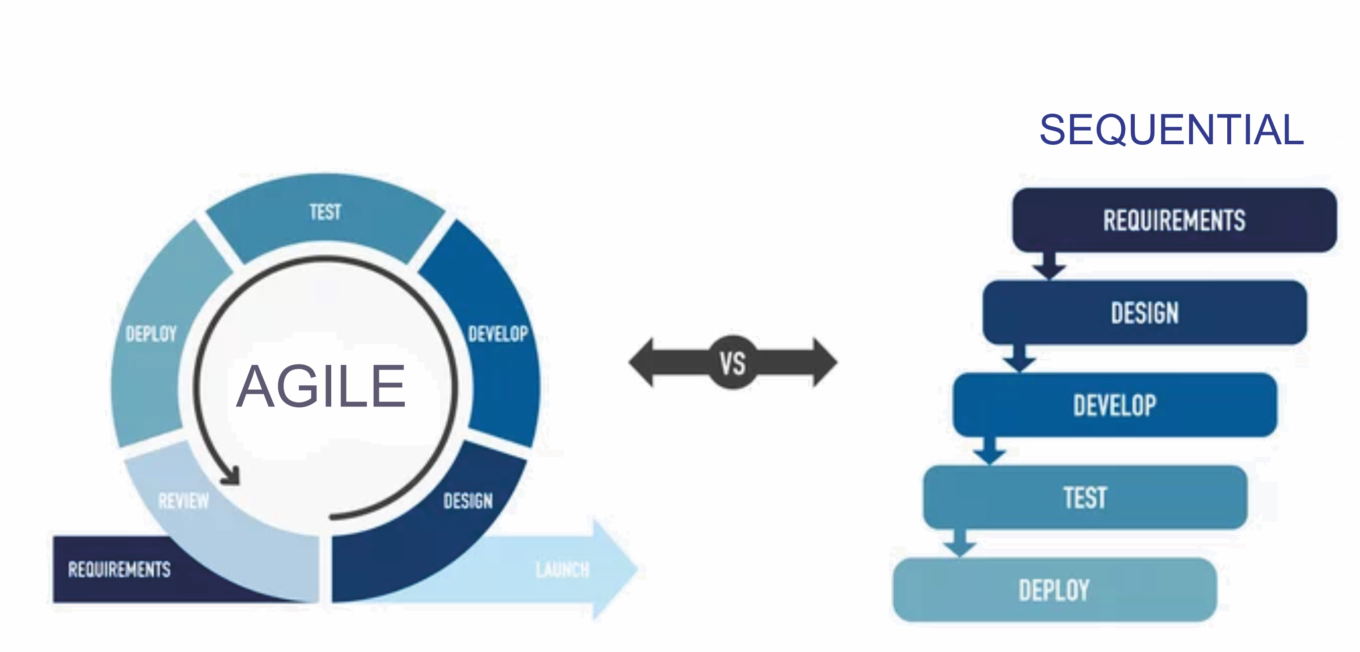
We are really proud to be able to announce that Experimentus are the first TMMi Service Provider outside of China to have been accredited as a Gold Status TMMi Assessment Service Provider. The gold status indicates a highly active TMMi Assessment Service Provider that regularly performs many TMMi assessments.
This is a recognition of our position as a global leading provider of TMMi services.
The Test Maturity Model integration (TMMi) is the world’s leading test process improvement and certification framework. We have worked with numerous organisations, using it to make their test processes more effective and efficient and to certify them when required.





